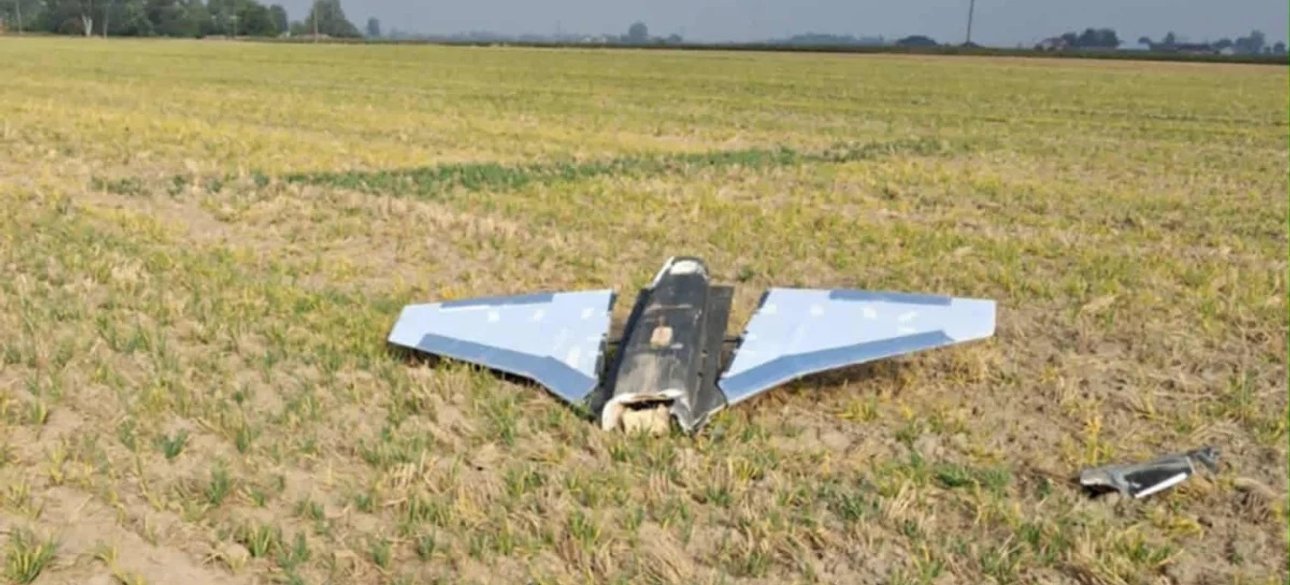
Another thing is the "technical" details of this "Sloth". The part is the first number. When it comes to 19 units, and different types (including UAVs), then any "accident" should not be mentioned at all. The detail of the second direction of span of these UAVs. It is obvious that at least some of them moved in the direction of Rzeszow (Ae Rzeshav - Yaianka). As for me, this is a very interesting direction for the wandering of Russian UAVs.
The third detail I have no doubt that Poland's reaction to the flight of its airspace of a large number of "unknown" UAVs was very carefully tracked and analyzed in related countries. First of all, the east . . .
especially parameters such as the speed of the battle reaction of its regular forces, starting from the moment of detection of air goals (well, or, appropriate alert, if you believe in Belarusian "speech"), their structure and methods of reaction, tactical and technical characteristics of the means involved in the interception of forces and means. I fully assume that these UAVs were organized for this purpose.
The detail of the fourth, to me, the appearance of lost (whipped from the panther in the Ukrainian Reb, those who are accidentally mistaken, etc. , it is necessary to substitute at their own discretion) Russian UAVs, obviously, should be expected in the future. And not only over Poland, but it is possible that the Baltic countries. Their number and frequency of "wanders" can increase, the directions and areas of "wandering" can be significantly diversified and expanded.
The detail of the fifth is obvious that during the wanderer, not only the issues of purely military were tested, but also to a large extent military-political (the reaction of the military-political leadership of Poland, NATO, methodology and speed of managerial decision-making, evaluation of the event, etc. ). But the main problem is that not only drones can be lost and "mistaken" . . . The author expresses a personal opinion that may not coincide with the editorial position.










All rights reserved IN-Ukraine.info - 2022